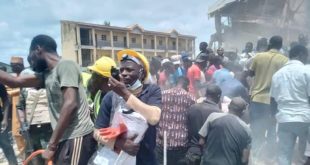COUNTRY NIGERIA: As Nigeria was a year older on the 1st of October 2018. Let us have a review of the country we call our own.
Above all, when Nigeria got independence on October 1st 1960,she did not change her name. The name that Flora Shaw the wife of Lord Lugard gave it in 1898.
Flora looking at the long River Niger which flows through the country suggested that the different British protectrates in the Niger area should be called NIGERIA.
But the word came into common use only in 1914 when her husband, Lord Lugard united the colony of Lagos, The Southern and Northern Protectrates.
Lugard retired in 1919 and was succeeded by Sir Hugh Clifford as governor of Nigeria. Clifford was strongly against the demands made by the leaders of the Congress of British West Africa.
One of the demands was that the British government should open a university in West Africa to serve the real needs of the people. But Clifford strongly opposed the demand.
But he changed his mind in 1922 and worked out a new constitution for Nigeria. A legislative council of 46 members replaced the Nigerian Council. This allows 4 members to be elected by the people themselves to the law-making body.
Moreover, three of them were from Lagos and one from Calabar. This was the first time elected members were given seats in any of the British Territories in West Africa. But Ghana got this same privilege three years later.
However, this election pave way for Nigerians to serve in the council. And no longer like slaves but as representatives of the people. Since they did not depend on the governor for appointments. They could protect the interest of Nigerians more effectively in the meetings of the councils.
This new change made Ladipo Solanke to open West African Students’ Union (WASU) in 1925. He opened this to train students studying abroad to become national leaders throughout Africa. This move brought forth the likes of Dr. Benjamin Nnamdi Azikiwe, an Ibo.
WATCH OUT FOR NIGERIA MY COUNTRY. PART TWO
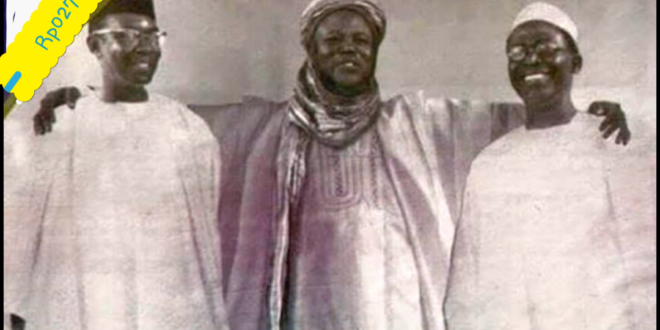
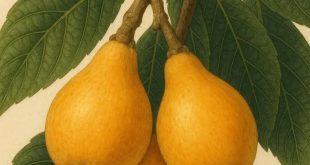
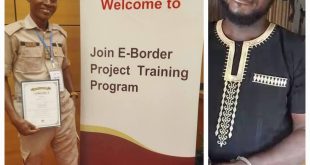
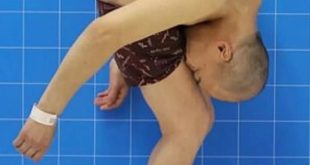

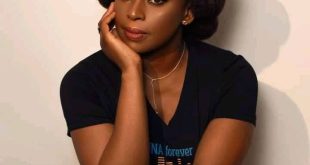
![The food poisoning deaths occurred less than 24 hours after consuming oil bean flakes [a popular food synonymous to Imo citizens].](https://www.reportngr.com/wp-content/uploads/2025/01/FB_IMG_1736345280752-310x165.jpg)
